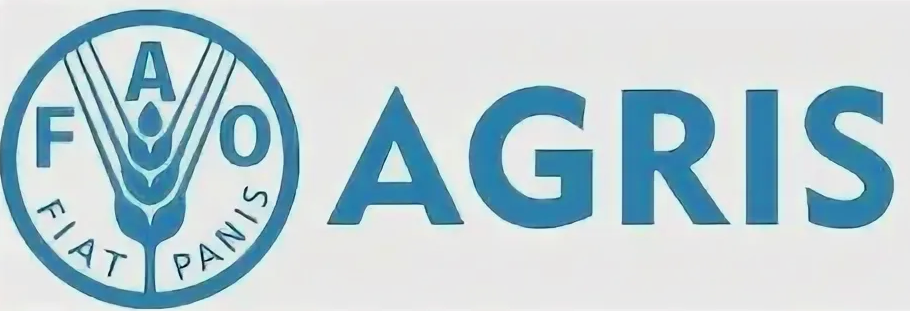–Ґ–µ–Њ—А–µ—В–Є—З–µ—Б–Ї–Є–µ –Њ—Б–љ–Њ–≤—Л —Д—Г–љ–Ї—Ж–Є–Њ–љ–Є—А–Њ–≤–∞–љ–Є—П —Б—Д–µ—А—Л —Г—Б–ї—Г–≥ –љ–∞ —Б–Њ–≤—А–µ–Љ–µ–љ–љ–Њ–Љ —Н—В–∞–њ–µ
DOI:
https://doi.org/10.31279/2782-6414-2024-1-8Keywords:
potatoes, potato market, Central Federal District, placement, specialization, production, consumption, balanceAbstract
Introduction. The article is devoted to the theorization of the concept of service, its classification and functions. Based on this, some characteristics of the service have been expanded and modernized in terms of differences between material and intangible services. The functions of service activities have been clarified. The authors analyzed and identified the conditions for the independent performance of the service (since this affects the consumer potential) for reasons of cost savings and hobbies. The concepts of core and full forms of service are introduced, and their concretization is presented. Methods. The study used a wide range of general scientific methods - analysis and synthesis, abstract-logical, systemic analysis and others. Results. As a result of the study, the characteristics of tangible and intangible services were given in comparison, which makes it possible to better emphasize the peculiarities of their implementation and consumption. This approach allows you to take into account the specifics of consumers and their role in this process, personnel and their qualifications in planning activities in the service sector. Important issues of compatibility of services and the allocation of service functions or service activities are disclosed. The study notes the need to include services such as education and culture in the value-oriented function. Considering the inability of the consumer to express clearly his social and spiritual needs, the authors substantiate the importance and tasks of employees of service enterprises to assist the client in shaping his urgent need. Conclusions. Despite a fairly large number of publications related to the service sector, many authors, highlighting classification groupings of services, do not indicate the corresponding grounds. The division of services into commercial and non-commercial is proposed. In comparison, the article presents the most important characteristics of the division into tangible and intangible, concerning the specifics of the service, its assessment, producers, the relationship between the manufacturer and the consumer, and production technology. When developing (modifying) the service, it should be borne in mind that some of the services are performed independently for reasons of cost savings and hobbies.
Downloads
Published
Issue
Section
License
Copyright (c) 2024 –Ґ–∞—В—М—П–љ–∞ –Э–Є–Ї–Њ–ї–∞–µ–≤–љ–∞ –°–Ї–Њ—А–Њ–±–Њ–≥–∞—В–Њ–≤–∞ , –Ш—А–Є–љ–∞ –У–µ–љ–љ–∞–і—М–µ–≤–љ–∞ –Я–∞–≤–ї–µ–љ–Ї–Њ

This work is licensed under a Creative Commons Attribution 4.0 International License.





